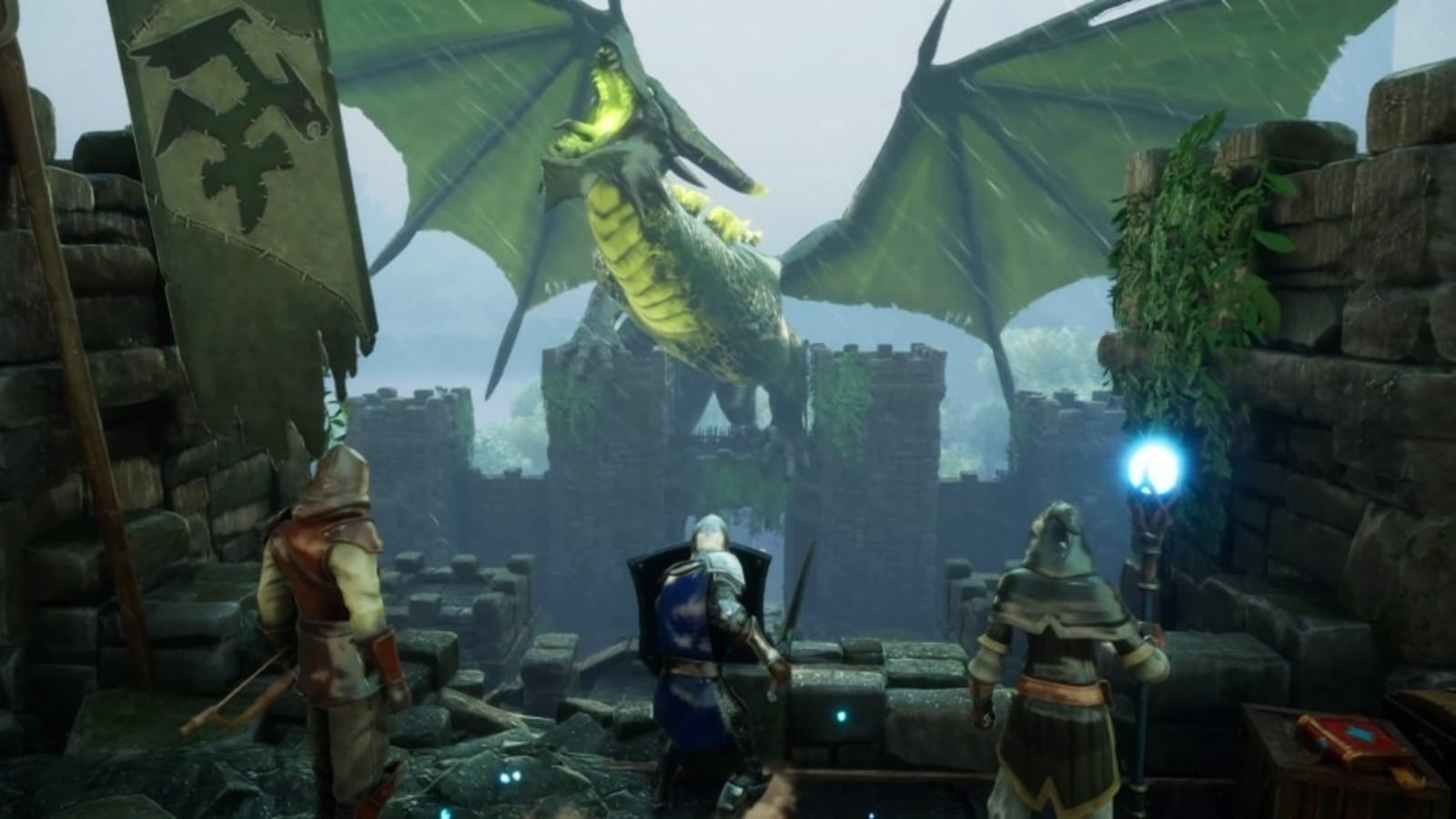Ron DeSantis took the stage in Jasper County in Iowa on Saturday, heralding his appearance as the culmination of his tour of the state’s 99 counties, and hoping to inject enthusiasm into his well-funded but struggling presidential campaign.
The Florida governor, who is running well behind the front-runner, former President Donald J. Trump, said he was fulfilling his campaign’s promise to complete the “Full Grassley” — so named because the state’s long-serving senator, Chuck Grassley, visits every Iowa county each year — and positioned himself as the candidate of humility, willing to travel the state and meet voters, in contrast to Mr. Trump, who has largely eschewed the retail politics of the state.
“That should show you that I consider myself a servant, not a ruler,” Mr. DeSantis said, speaking to a crowd of several hundred voters inside the Thunderdome, a spacious restaurant and entertainment venue in Newton, about 30 miles east of Des Moines. “You’re not any better than the people that you are elected by.”
The DeSantis campaign, which hung signs around the venue proclaiming a “Full DeSantis,” pointed out that each of the past three Republican winners of a contested Iowa caucus — Senator Ted Cruz of Texas, former Senator Rick Santorum of Pennsylvania and Mike Huckabee, the former Arkansas governor — had also completed the 99-county circuit (though none of them ultimately won the Republican nomination).
But the fanfare belied a difficult truth for Mr. DeSantis: Despite checking all the boxes of a successful Iowa campaign, including racking up endorsements from prominent state figures, he still trails Mr. Trump by a significant margin in state polls, and he has even lost ground in recent months to Nikki Haley, the former governor of South Carolina.
“Mechanically, he’s doing it all the way you need to do it,” said Doug Gross, a longtime Republican strategist and former nominee for Iowa governor who has endorsed Ms. Haley. “The trouble is, he’s just not a very good candidate.”
Mr. DeSantis and Mr. Trump held dueling events on Saturday, with Mr. Trump speaking at a rally less than 100 miles away in Cedar Rapids.
Bob Vander Plaats, an influential Iowa evangelical leader who endorsed Mr. DeSantis last month, painted a contrast between the Florida governor and Mr. Trump.
“We need somebody who fears God, they don’t believe they are God,” Mr. Vander Plaats told the crowd in Newton.
The Iowa tour was largely managed by Mr. DeSantis’s super PAC, Never Back Down, which has faced setbacks in recent weeks, including the departure of both its chairman and its chief executive.
But Mr. DeSantis’s Iowa barnstorm has generated sizable crowds in small-town venues. At each stop, he has made a point of telling his audience how many counties he has visited so far.
Many Iowans who have shown up for his events have said that they expected presidential candidates to present themselves in person to win their votes — and praised Mr. DeSantis for doing so.
On Saturday, he recounted a few of his family’s favorite stops, like playing baseball at the Field of Dreams in Dubuque County, and visiting a statue of Albert, the world’s largest bull, a tourist attraction in Audubon County.
But a few of Mr. DeSantis’s Iowa county visits have seemed perfunctory. In August, the governor stopped at a train depot in Manly, in Worth County, where about a dozen people watched as his young children clambered aboard the trains and blared the horn of a truck before the governor, his family and their entourage boarded the bus for their next destination.
And past caucus winners like Mr. Santorum and Mr. Huckabee were seen as anti-establishment candidates who mustered support from evangelical communities to upset more mainstream Republicans. Mr. DeSantis has the unenviable task of running against a popular former president who comes across as anything but establishment, yet maintains a strong lead in the state.
Iowa voters have more than a month to deliver an upset win to Mr. DeSantis, and many in attendance on Saturday said it mattered to them that the he had made the effort.
“I think that’s kind of neat, when a candidate is willing to get out of Des Moines, Cedar Rapids, the big cities, get out and see people across the state,” said Richard Roorda, 62. “I think that is a big deal.”
Voters also said they were encouraged by Mr. DeSantis receiving the endorsement of Iowa Gov. Kim Reynolds, a Republican who is popular in the state. Ms. Reynolds appeared onstage Saturday, praising Mr. DeSantis for visiting each county.
“Iowans want the opportunity to look you in the eye, they want the opportunity to size that candidate up a little bit,” she said.
Mr. DeSantis also made a new commitment during his remarks: He said that, if he were elected president, he would move the headquarters of the U.S. Department of Agriculture to Iowa as part of an effort to decrease the influence of government agencies in Washington. “You guys will have first dibs on the Department of Agriculture,” he said.
Mr. DeSantis also tried to convince voters who backed Mr. Trump that he would push for similar policies, but without the drama. One key difference, he told the crowd, was that he could serve for two consecutive terms if elected.
“Two terms is critical,” said Tom Turner, 70, adding that he came to the event with some reservations about Mr. DeSantis, but that the governor had allayed them.
“I was a little concerned about whether he was personally warm — he is,” Mr. Turner said.
Nicholas Nehamas contributed reporting.

























